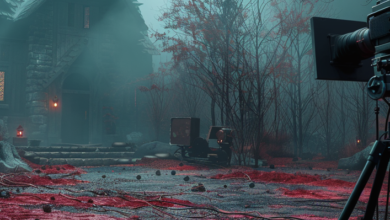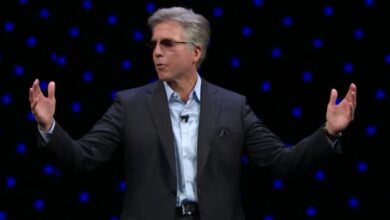Understanding Proposed Generative AI Copyright Disclosure Act of

As generative AI systems become increasingly sophisticated and widespread, concerns around the use of copyrighted works in their training data continue to intensify. The proposed Generative AI Copyright Disclosure Act of 2024 attempts to address this unease by introducing new transparency requirements for AI developers.
The Bill’s Purpose and Requirements
The primary goal of the bill is to ensure that copyright owners have visibility into whether their intellectual property is being used to train generative AI models. If enacted, the law would require companies to submit notices to the U.S. Copyright Office detailing the copyrighted works used in their AI training datasets. These notices would need to be filed within 30 days before or after the public release of a generative AI system.
The Copyright Office would then maintain a public database of these notices, allowing creators to search and see if their works have been included. The hope is that this transparency will help copyright holders make more informed decisions about licensing their IP and seeking compensation where appropriate.
Potential Benefits for Copyright Owners
The bill’s notice requirements and public database could be a significant step forward for creators looking to protect their IP in the age of AI. By providing a way to track the usage of their works in generative AI systems, the law would empower copyright owners to take action against unauthorized use and potentially negotiate licenses or royalties. This could be particularly valuable for individual artists, writers, and other creators who may lack the resources to monitor the vast landscape of AI applications on their own.
Challenges and Obstacles for AI Developers
While the bill’s intentions are laudable, it raises several practical challenges for AI companies. The 30-day window to file notices could be difficult to meet, particularly for startups or smaller organizations with limited resources. The vague requirement for a “sufficiently detailed summary” of copyrighted works used also leaves much room for interpretation and potential non-compliance.
Moreover, many AI training datasets are compiled by crawling the open web, which could make identifying and isolating every single copyrighted work extremely burdensome. The technical challenges of building and maintaining a comprehensive, searchable database of notices could be substantial.
Impact on AI Innovation
The additional administrative overhead and legal liabilities introduced by the bill could have a chilling effect on the pace of AI innovation. Smaller players may struggle to keep up with the compliance burdens, while larger tech giants with more resources may be able to adapt more easily. This could further entrench incumbent advantages and raise barriers to entry for new startups.
Some companies might choose to move their AI development efforts outside the U.S. to avoid these regulations altogether. This could put the U.S. at a competitive disadvantage in the global race for AI leadership.
If more copyright owners start denying the use of their works for AI training, it could also limit the data available and hinder progress in certain domains. AI systems rely on large, diverse datasets to learn and improve, so restrictions on training data could have far-reaching effects.
The Way Forward
Balancing the rights of copyright owners with the need for continued AI innovation will be a critical challenge in the years ahead. While the Generative AI Copyright Disclosure Act is a well-intentioned effort to strike that balance in the U.S., its current form raises significant practical and policy questions.
Policymakers will need to engage in extensive dialogue with stakeholders from the AI industry and creative communities to refine the bill’s requirements and avoid undue burdens or unintended consequences. Developing clear, workable standards for responsible AI development and training data sourcing will be essential. Ultimately, fostering a thriving and ethical AI ecosystem will require ongoing collaboration and adaptation as the technology continues to evolve. The Generative AI Copyright Disclosure Act of 2024 is at least a conversation starter around the intersection of AI and intellectual property rights.



